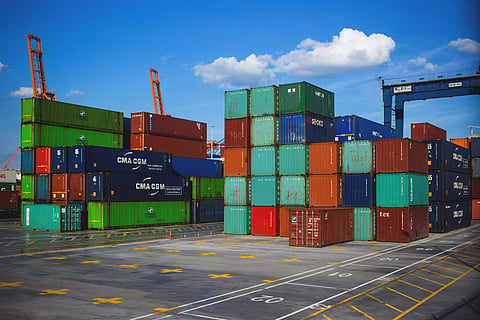

NEW DELHI: The recent trade wars sparked by the Trump administration is forcing India and China to rethink of their economic ties as India announced the slashing of import duties on as many as 3142 items from China and other Asia Pacific nations one after a day after China initiated the move of slashing duties for more than 8500 items.
The reduction in tariff by both nations are part of the Asia Pacific Trade Agreemment (APTA), formerly known as Bangkok agreement, a preferential trade agreement (PTA), under which the basket of items, as well as the extent of tariff concessions. The six member countries are Bangladesh, China, India, Laos, Korea and Sri Lanka.
Even when the duty reduction is not focussed to China, the timing of the announcement holds importance as it was done within a week after the U.S.-India inaugural “2+2 dialogue” was postponed for the second time in the year as it is being implemented one and half years after it was decided upon by the APTA ministerial council in January 2017.
“The recent reduction is significant not in terms of value but in terms of gesture. In the recent dialogues they are warming up to many areas including pharma and agriculture which they were earlier closed. It is sheer economic compulsion to look for alternate market, given the current trade barriers,” a senior commerce ministry official told TNIE.
India had been pitching for opening market for sugar exports and cancer drugs, which was again discussed during NITI Aayog Chairman, Rajiv Kumar,'s visit to China in April.
On Sunday China slashed its duty on goods include chemicals, agricultural and medical products, clothing, steel and aluminium products.
“The change was decided upon as unilateralism and trade protectionism are on the rise and tensions appear in the trade relations among global economies,” Chinese media had quoted Its finance Ministry hinting at the looming US-China trade war.
However, India exporters feel that without market access in pharma and agri commodity product, it will not be of much consequence.
“Issues of market access in agricultural commodities and pharma products, remain a challege. These have to be addressed, before reading too much in between,” Ajay Sahai, director-general of the Federation of Indian Export Organisations, said.
In March, India and China had agreed to reduce India's trade deficit of $62.903 billion with its northern neighbour. It was decided that non-tariff barriers would be identified in specific sectors and removed.